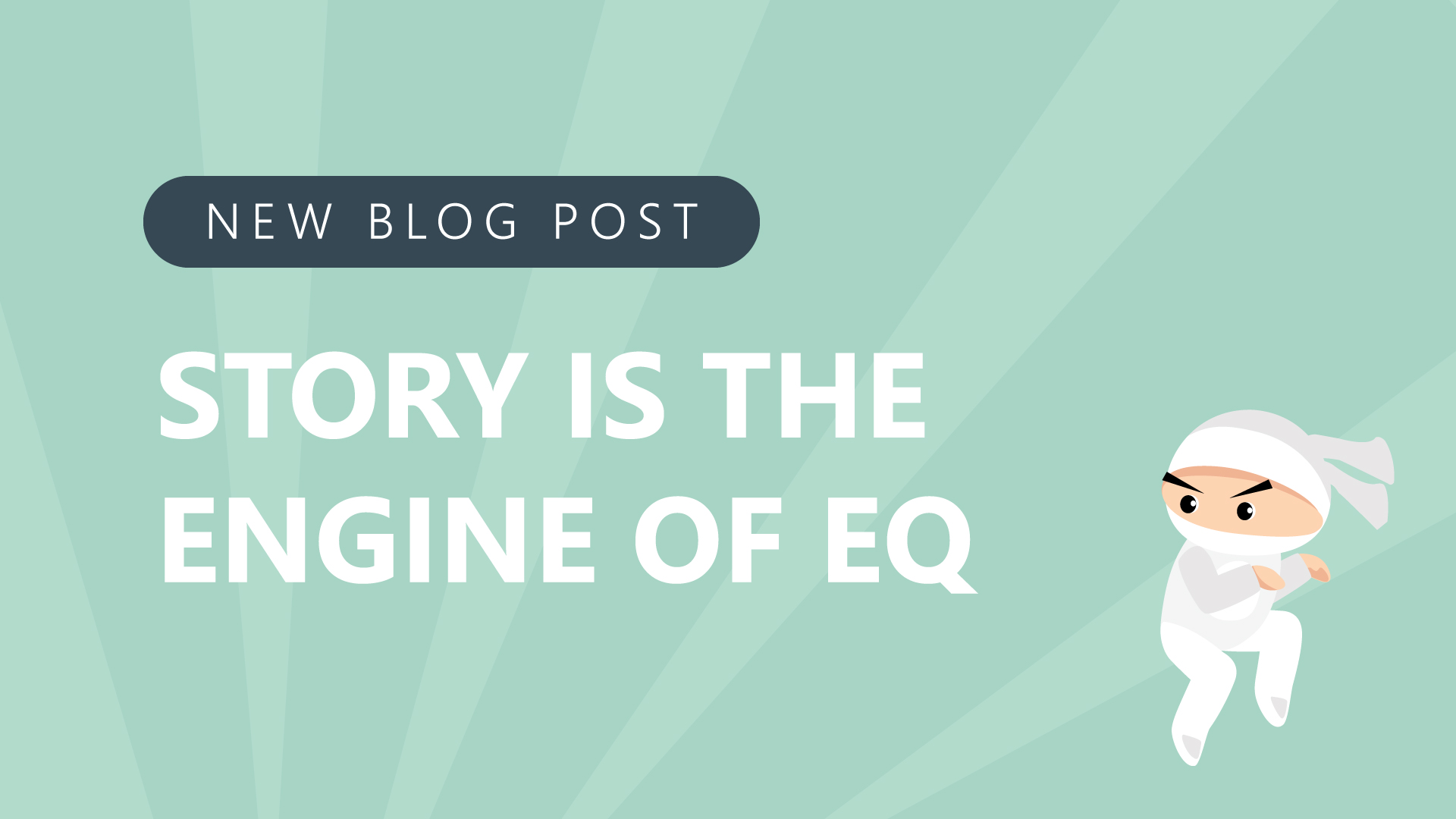Christine Miles points out that we know from neuroscience that we make the majority of our decisions based on emotion, then justify those emotional decisions with facts. But the more we understand our emotions, the less our emotions drive us and the more logical we can be—including during conflict.
Secondly, our brain is always telling us a story. And our experiences shape our story. When we understand our own story, we raise self-awareness. When we understand someone else’s story, we build more awareness of who they are.
Understanding how to tell a story and how to get a story out of someone is the foundation for building EQ. But how do you understand your own story? How do you pull stories out of people?
Mapping out your own story
Jim Rohn used to talk about the need to identify where you messed up. If you wake up one morning and you’re 60 pounds overweight, in poor health, and you’re broke, you have messed up. But it’s the symptom of a series of bad decisions that happened over many years.
You have to work backward to determine where things went wrong to avoid making the same mistakes in the future. What simple things will you do to rectify where you are?
The only way to learn how to tell a story is to learn how to gather one first. Journalists have to find a story before they can report it. You need to find your own story to build a new beginning.
How to pull stories out of people
Listening isn’t a passive endeavor. Humans learn and live through stories. And when someone is talking, they’re telling their stories. But if you ask someone if they’re good at telling a story, they don’t think they are. You have to learn how to move them along the trail. You get to be the guide on the map to their story.
We know stories have beginnings, middles, and ends, but we tend to start in the middle. What we need to do is get them to go back to the beginning (or even what they think is the beginning). As the guide, you have to figure out where they are to get them on the right path.
How do you get there? Ask things like “Take me back to the beginning“ and “Where did this start?”
You don’t always have to go in with the answers. Sometimes, you need to hear the answers and adjust to them. And as you learn more about them, you can help them pinpoint the catalyst. What led them to realize there was a problem? What was the challenge? How can you guide them to overcome that obstacle?
EQ is born when you allow them to unravel and tell their story. But it starts with listening to understand.
Are you a good listener?
Too many people feel like they should be able to listen better right away. But it’s a habit that must be practiced over time.
Christine emphasizes that your curiosity switch will be flipped when you ask the right questions. Sometimes, if your questions are too targeted, they actually interfere with listening. But when you open the door and let someone walk through it, empathy and curiosity follow.
Learn more about the power of understanding in episode #383 of the Negotiations Ninja podcast with Christine Miles.

